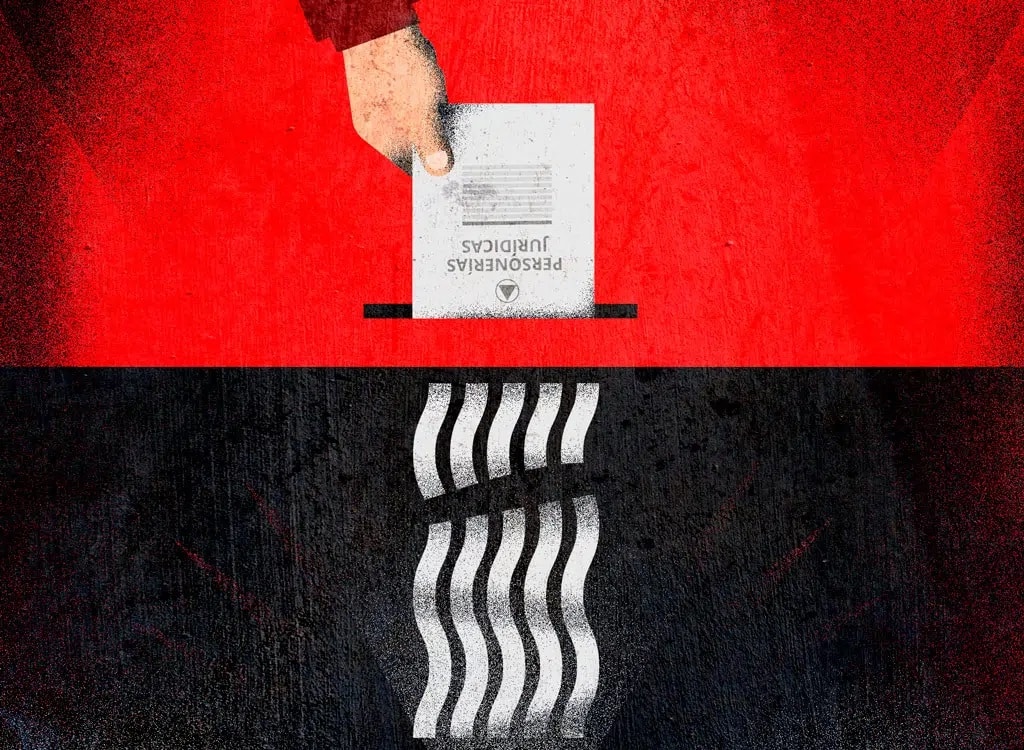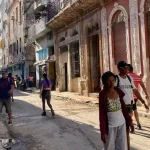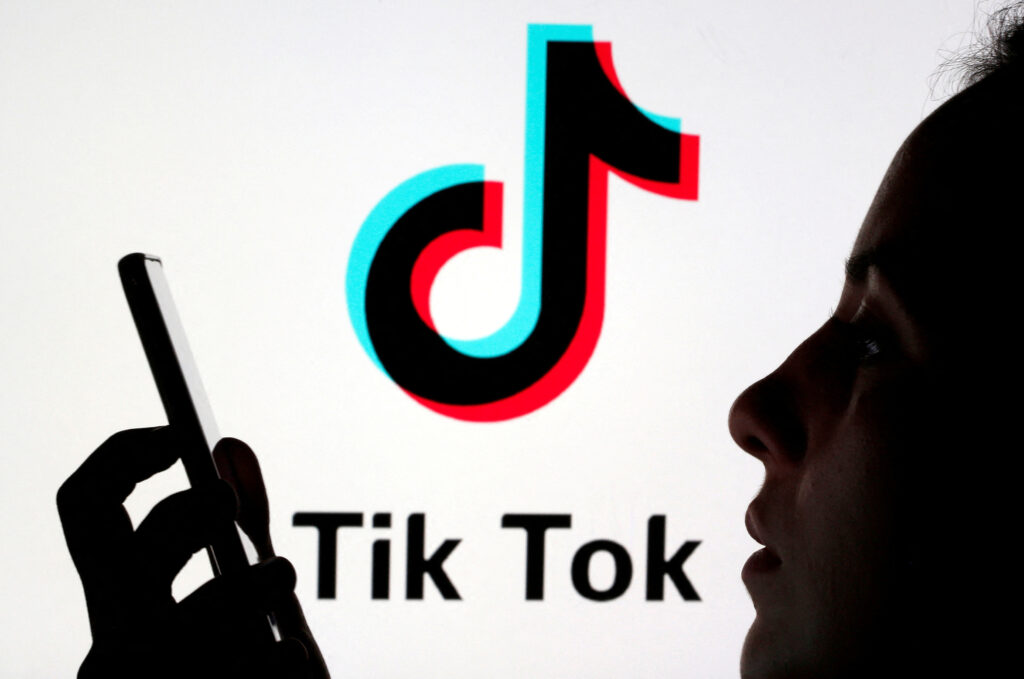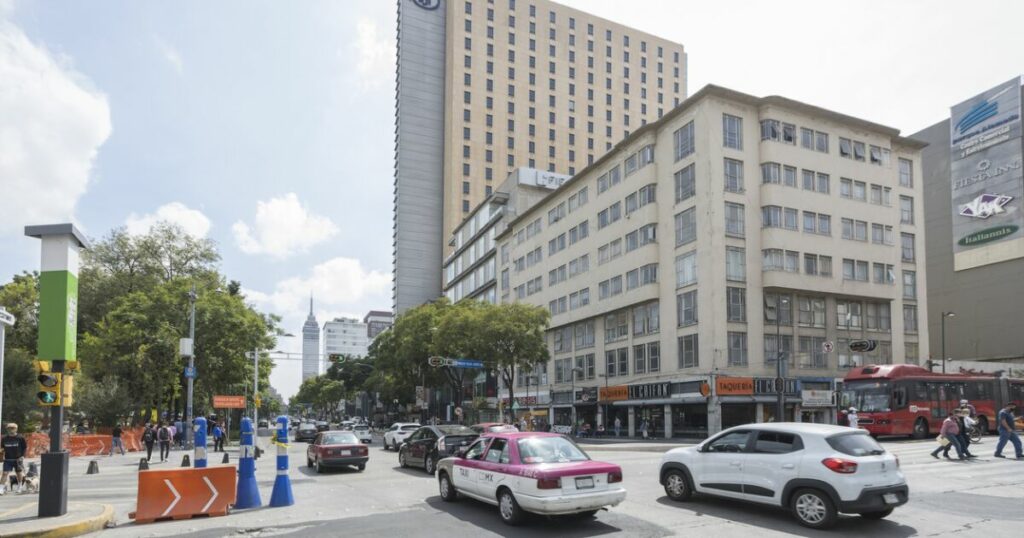The dictatorship of Daniel Ortega and Rosario Murillo carried out a “cleaning operation” that wiped out 3,243 national and foreign non-profit organizations that carried out programs and projects for the most vulnerable populations in Nicaragua, which the State has not yet replaced.
This February 27 marks the World Day of Non-Profit Organizations (OSFL), but in Nicaragua these organizations that in the past were “a lifeline” for the most vulnerable, today are persecuted and eliminated.
The “cleansing” consisted of the massive elimination of legal status and operating records of civil society organizations, whom Ortega accused of “laundering money” and financing the alleged 2018 coup attempt.
“Those organizations that are called NGOs, which have been created for what, to launder money and then distribute it to carry out destabilizing terrorist activities,” Ortega accused in March 2021, when the massive closure began.
The programs and projects developed by these more than 3,200 closed organizations were not supplied by the State after their forced closure, confirm members of closed NGOs consulted by CONFIDENTIAL.
The regime appropriated their assets and distributed them among their ministries so that they could install private projects, as happened with the Comprehensive Care Center “Grace McGregor” of Operation Smile, where they cared for children with cleft lip and palate and was turned into a museum. Or the building of the feminist program La Corriente, which is now a “house of culture”.
“There is a clear persecution of the issue of freedom, of rights in general, but in particular the right to freedom of association and persecution, criminalization of the work of the organization or agencies,” says the activist and researcher, Amaru Ruiz.
CONFIDENTIAL prepared a database with the administrative resolutions and decrees published by the Ministry of the Interior, which executes the closures, in which the cancellation of 3,243 legal entities and the operation registry of national and foreign NGOs from November 2018 to February 2023.
The analysis of this database, classified one by one by line of work, allowed know the social incidence of these organisms, who executed social projects, development, health, human rights, education, environment, transparency and democracy, humanitarian aid, international cooperation, among others. As well as the years of experience, the groups benefited, the cooperating foreign countries and the systematic patterns that the dictatorship used to validate its closures.
NGO “Operation Cleanup”
The first of NGOs began in November 2018. In the last two months of that year, nine organizations were stripped of their legal status for allegedly “managing, receiving, channeling and provide funds to disturb public order and carry out destabilizing acts in the country.”
In 2019 and 2020 there were five NGO closures. Among them, the Municipal Twinning Association that had social projects related to health, education, women’s empowerment, environment in Camoapa, located in Boaco.
However, it was in 2021 that the dictatorship began the massive closure of non-profit organizations after promoting hate speech against NGOs. As Ortega reported to the Latin American Financial Action Task Force (Gafilat), there were 1,700 organizations in the country considered “high risk for terrorist financing and money laundering.”
This discourse was reinforced by the Sandinista deputies who classified the closure of these spaces as “cleaning” and assured that many of them had been inactive for years. “They are paper organizations. They do not exist in the life of Nicaraguan families and communities.”assured the Sandinista deputy Carlos Emilio López.
“Certainly there were other organizations that had closed before 2018, others were without any action. That is to say, they did not have projects due to the reduction in development cooperation, but it is important to deny (that speech) because here more than 50% of the sample shows us that they did have an activity in the country, that they did have development projects ” , explains Ruiz, who participated in a case study of a sample of 53 organizations that were closed.
The president of the National Assembly, Gustavo Porras, assured that the closure was a “process of ordering something that was adrift”, of organizations that were not up to date.
However, after the closure of the legal entities, several national and international organizations assured that the Migob refused to receive the documentation to later cancel and confiscate them.
To execute the massive beheading of NGOs, the dictatorship amended Law 115, the General Law for the Regulation and Control of Non-Profit Organizations, which gave Migob the power to eliminate legal status through ministerial resolutions. Before the reform, it was the National Assembly that approved the cancellation.
Characterization of organizations
96% of the 3,223 NGOs canceled by the Ortega dictatorship were phased out in 2022. During the first semester of that year, 796 organizations closed and in the following six months 2,311 more were added.
In the first two months of 2023, 62 more organizations are added. Among them, two foreigners who were between 14 and 28 years old developing projects dedicated to children in the department of Carazo: Books for Children and Arms of love International.
30% of the organizations eliminated carried out development projects of an economic, social, cultural, community, women’s rights, water and sanitation nature. Among these are the Fundación Instituto de Liderazgo de las Segovias, the OXFAM Intermón Foundation, the Michelangelo Foundation, the María Cavalleri Foundation, the Children’s Association of Working Boys and Girls of Jinotega, among others.
While 16% of the NGOs were of a social nature. These include neighborhood associations, alumni, disabled, veterans, nursing homes, drug and violence prevention, retirees, consumer advocacy, and others.
Likewise, there are at least 320 organizations that were of an evangelical and Catholic religious type. While others focused on human rights, humanitarian aid, health, university, environment and culture.
The operation records of each of the canceled organizations reveal that 1,425 (44%) of these had between 11 and 20 years of operating in Nicaragua; meanwhile, 41% equivalent to 1323 reached 21 and 30 years. Also on the list were 134 between 31 and 40 years of work, such as the Matagalpa Women’s Collective, the Catholic University of the Dry Tropics (UCATSE), which passed into the hands of the Government after the cancellation of its legal status, and the Association for the Development of Solentiname.
Vulnerable groups are affected
The mass closure directly affected vulnerable groups. One of these was the women’s movement. At least 139 NGOs that provided support to victims of gender violence lost their legal status, according to data analyzed by CONFIDENTIAL.
Among these, the following stand out: María Elena Cuadra Association of Working and Unemployed Women, the Bocana de Paiwas Women’s House Association, the Bocana de Paiwas Women’s House Association, the Grupo Venancia Civil Association, IPAS, the Kukra River Women’s Association, the Women’s Movement of Madriz, among other feminist organizations.
The list of closed organizations also includes 108 that had a focus on the Caribbean Coast of Nicaragua, where the poorest population is located and forgotten by the national authorities. Among the associations that had projects in this area of the country are: the Association Center for Justice and Human Rights of the Atlantic Coast, the Tunki-Wank Foundation, the Egdolina Thomas Foundation for the Defense of the Rights of the Inhabitants of the Caribbean Coast of Nicaragua, the Kupia Krakraukra Alnuka Nani Association, the Association of Independent Mayangnas Indigenous Women, among others.
foreign organizations
The NGO “cleaning operation” directly affected 343 of foreign origin. 41% of these come from the United States, 13.4% from Spain, 7% are Italian, 4% are German and Costa Rica. On the list there are also nine French, eight from the Netherlands and Canada. There are also organizations Switzerland, United Kingdom, Luxembourg, Denmark, Belgium and other countries.

Among the organizations closed are: Fabretto Children’s Foundation in education issues, Project Chacocente for social development, the International Christian Service for Peace, Partners of the Americas, Fundación Agua para el Mundo, Lifelink InternationalFundación Semillas para el Progreso, and the Dutch Service for Development Cooperation.
A source linked to international NGOs that have been outlawed by the government revealed to CONFIDENTIAL that in October 2020 a evaluation of the impact of cooperation channeled by these organizations.
“The evaluation is partial, because only 27 international organizations provided information,” said the source. “Between these 27 international NGOs, they channeled 25.5 million dollars a year in cooperation with Nicaragua that directly reached 550,000 people, especially in rural areas,” she added.
New phase validations and voluntary closures
After a massive wave of closures of NGOs in Nicaragua during the year 2022, the Daniel Ortega regime began a process of “reapproval” of its legal status to the organizations that remain in the country and that will now be governed under the new legal regime established with Law 1115, approved in March 2022.
In total, Migob has validated 35 associations and foundations, almost all of which are sports. The first reapproval occurred on December 22, 2022 and was the Associated Nicaraguan Baseball Federation (Feniba).
The OSFL validations are being published in the Official Newspaper La Gaceta. In addition to reapproving their legal status, Migob grants them a new perpetual number, which they must use in all their documentation and legal operations.
Parallel to the cancellations of legal status and operation records —in the case of foreign NPOs— and the validation, the “voluntary dissolutions” of at least six organizations have occurred. Among them the Nicaraguan Mennonite Mission Association, Water for people and the Sincotex Care Foundation.
The “reapproval” process hides a new way to eliminate the operations of some organizations without making it public, warns Amaru Ruiz, who is a member of Fundación del Río, eliminated in 2018.
“Many of the organizations are not going to comply with the requirements that the law asks of them or they are simply going to be hindered or stopped because they do not want to give it to them (legal status). That implicitly means a closure of operations without the need to publicly cancel the legal status”, says Ruiz.


















